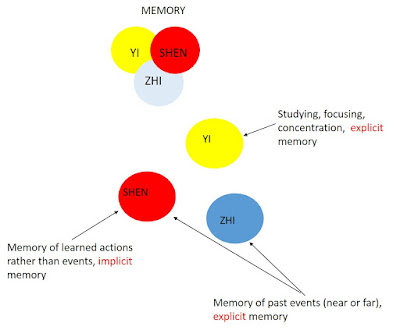AA is Not a Fraud
AA is not a fraud: Why haters are afraid to listen
Here's why the program works, no matter what critics say: It's really about listening, living, spirituality and joy
I’m beginning to think that the main proof that Alcoholics Anonymous is, as its members claim, “a spiritual program,” is that it is attacked so often and so viciously. These attacks usually come from people who are trying to sell something – books or drying-out programs, mostly. What troubles them seems to be that AA, like all genuinely spiritual realities, is free.
What else might “spiritual” mean, even more positively? Let me suggest that the program and fellowship of Alcoholics Anonymous can be summed up in just four words. And those four words are the core of its “spirituality.”
First, Alcoholics Anonymous tells alcoholics that their problem – what is wrong with them – is simple: “selfishness – self-centeredness! That, we think, is the root of our troubles.” (Page 62 of the AA Big Book, Alcoholics Anonymous.) There it is, in one concept really, but accented by the use of two words: selfishness – self-centeredness.
Second, AA tells its members how to fix that: Help others. Beyond AA’s Twelfth Step suggesting carrying “this message to alcoholics,” a whole chapter of the Big Book (the seventh) is in fact devoted to “Working With Others.”
Now, at the suggestion that the whole of the Alcoholics Anonymous program and fellowship is summed up in those four words, “selfishness – self-centeredness” (the diagnosis) and “Help others” (the cure), some of you may balk. “What about having to go to all those stupid meetings?” comes the carp. Ah yes, those “stupid meetings.” Well, in the first place, meetings are a very useful place in which to find others whom one may help. Most of the time, in most of our acquaintanceships, individuals do not show their need, do not ask for help. But at an AA meeting even the newest newcomer – perhaps still reeking from his last binge, though more likely still dazed from her recent treatment experience – even that rawest fledgling realizes that he or she is helping by mere presence, offering a useful “Remember when” to perhaps more jaded members who had begun to forget their own first meeting.
And there are always, at every meeting, some present who need help – usually about 110 percent of the attendees. For ordinary life is not the smooth glide of a television sitcom. There are the in-laws who just don’t understand; the adult children who seem determined to make especially the mistakes that their parents had been wise or skilled enough to avoid; the spouse whose needs, even though genuine, are beginning to drain one’s loving but limited strength; the parent who seems to be making ever-increasing demands on one’s time and stamina; and the list goes on.
By: Ernest Kurtz


Comments
Post a Comment